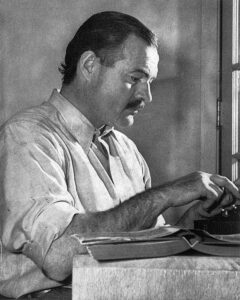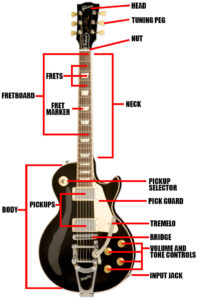(Dynamic Synonym): The Art of Changing Words without Changing Meaning
3 min read
(Dynamic Synonym): The Art of Changing Words without Changing Meaning
Ever found yourself in a situation where you need to impress someone with your vocabulary but don’t want to sound like a walking dictionary? Or maybe you just want to spice things up in your writing. Well, that’s where (dynamic synonym) comes into play!
(Dynamic synonym) might sound like a term straight out of a grammar class, but don’t worry, it’s not as intimidating as it sounds. Think of it as the chameleon of words—always changing its color to fit the context but still being the same at its core. (Dynamic synonym) allows you to use different words that mean the same thing, making your writing more vibrant and your speech more engaging.
Why Use (Dynamic Synonym)?
Imagine you’re at a party, and you keep saying the word “happy.” After the fifth “happy,” people might start wondering if that’s the only word you know. But throw in some (dynamic synonyms) like “joyful,” “elated,” or “over the moon,” and suddenly you’re the life of the party! Who knew vocabulary could make you popular?
But it’s not just about showing off. Using (dynamic synonyms) can actually make your writing clearer and more precise. Sometimes the same word can have slightly different connotations, and picking the right synonym can convey exactly what you mean. It’s like choosing between a handshake and a fist bump—same idea, different vibe!
The Fun Side of (Dynamic Synonym)
Now, let’s add some humor to this. Imagine you’re talking to a friend about a movie you just watched, and you say, “It was amazing!” Then you describe the plot: “The story was amazing!” And finally, you mention the ending: “The ending was also amazing!” Your friend might start to think you’re a robot stuck on the word “amazing.”
Don’t be that robot! Use some (dynamic synonyms) like “fantastic,” “mind-blowing,” or even “mind-boggling”—you know, if you really want to boggle someone’s mind!
A Practical Example
Let’s say you’re writing a short story. Your character is a dog named Buddy, and Buddy is, well, let’s face it, not the brightest dog on the block. Here’s how (dynamic synonyms) can make Buddy’s adventures more interesting:
Without (dynamic synonyms):
- Buddy was happy. He found a stick. He was happy. He chased a squirrel. He was happy.
With (dynamic synonyms):
- Buddy was ecstatic. He found a stick. He was thrilled. He chased a squirrel. He was overjoyed.
See? Buddy’s life just got a whole lot more exciting, all thanks to (dynamic synonyms)!
Tips for Using (Dynamic Synonym)
- Keep it natural: Don’t go overboard. Using too many (dynamic synonyms) can make your writing sound forced. Aim for a balance.
- Know your audience: If you’re writing for kids, keep your synonyms simple. If you’re writing a novel for adults, feel free to go all out!
- Use a thesaurus, but don’t marry it: A thesaurus is a great tool, but it’s not the be-all and end-all. Use it to find ideas, but make sure the words you choose still feel like you.
Conclusion
In the end, (dynamic synonym) is just a fancy way of saying “switch it up!” It’s about keeping your language fresh and engaging, whether you’re writing a book, a blog, or just a text message to a friend. So, next time you’re about to repeat a word for the hundredth time, remember: there’s always a (dynamic synonym) waiting to help you out.
And who knows? You might even end up being that person at the party with the amazing vocabulary—without ever having to say “amazing” more than once!



